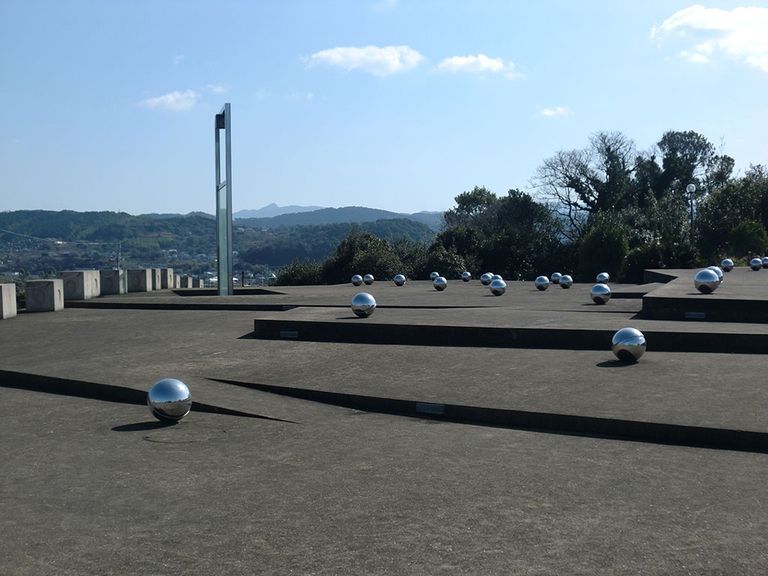The Minamata Convention on Mercury was adopted by 139 countries and signed by 92 of them during the Conference of Plenipotentiaries of the United Nations Environment Program (UNEP) that was held on 10 and 11 October 2013 in Kumamoto and Minamata, Japan. About the Convention The international treaty aims to regulate mercury trade and
The Minamata Convention on Mercury was adopted by 139 countries and signed by 92 of them during the Conference of Plenipotentiaries of the United Nations Environment Program (UNEP) that was held on 10 and 11 October 2013 in Kumamoto and Minamata, Japan.
About the Convention
The international treaty aims to regulate mercury trade and reduce its use in industrial processes, since mercury is a toxic metal, which use can provoke significant effects on the environment and our health. Among the measures that have been adopted, there’s the ban of new mines opening, whilst the existing ones have to be closed within 15 years from the date of entry into force of the treaty, which will be 3 months after the ratification of a minimum of 50 countries. The knowledge and technologies needed to recover the circulating mercury will be provided also to developing countries. Moreover, the convention envisages regulations on the storage and safety of wastes containing mercury.
Mercury is the only liquid metal at ambient temperature. This makes it indestructible and difficult to be managed. The amount of circulating mercury can’t be reduced, but only be managed to avoid it to come in contact with the environment, since mercury is highly toxic.
![Minamata_memorial_01]()
Why Minamata
Minamata is the Japanese city where in 1956 a disease that affects the nervous system due to severe mercury poisoning has been first discovered, and has later been renamed as Minamata disease. It was caused by the release of methylmercury in the industrial wastewater from the Chisso Corporation’s chemical factory, which continued from 1932 to 1968.
The highly toxic chemical was absorbed by shellfish and fish in Minamata Bay, which, when eaten by the local people, resulted in mercury poisoning. According to official data, as of 2001, Minamata disease victims are 2,265 and over 10,000 people received financial compensation from Chisso. A second outbreak of Minamata disease occurred in Niigata Prefecture in 1965.
When we will see Convention’s effects
The choice of the city of Minamata as location of the conference was highly symbolic. The Convention is expected to enter into force within 3-4 years, after the ratification of 50 countries.
By 2020, some products containing mercury will be banned from the market, such as thermometers, fluorescent lamps, and products linked to video-projection. Some electronics companies already did it, by adopting, for example, hybrid sources or LEDs.
Translated by Camilla Soldati
Siamo anche su WhatsApp.
Segui il canale ufficiale LifeGate per restare aggiornata, aggiornato sulle ultime notizie e sulle nostre attività.

Quest'opera è distribuita con Licenza Creative Commons Attribuzione - Non commerciale - Non opere derivate 4.0 Internazionale.









